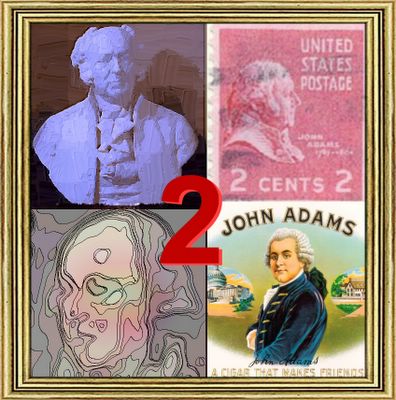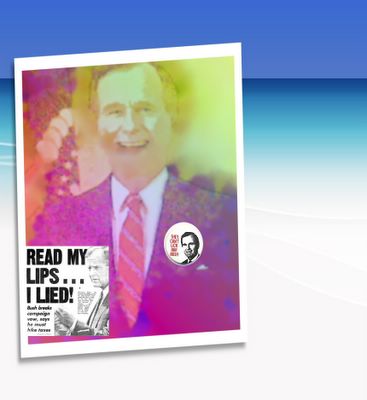In a way, Imagism reminds me of the Dogma 95 movement (although I think it has generated more enduring works of art, and tends less to handcuff the creators).
According to Amy Lowell, one of the founders of the Imagist movement in poetry in the early years of this century, imagist poems should observe seven rules:
1. Use language of common speech
2. Avoid clichés
3. Create new rhythms to express new moods
4. Absolute freedom of subject
5. Create concrete, firm images
6. Strive for concentration as essence of poetry
7. Suggest rather than stateSome of my favorite poets briefly embraced imagism. As a movement it foundered, probably because it just had too many rules. However, some striking, small. and dense lyric poems came out of the movement. A few examples:
AubadeAs I would free the white almond from the green husk
So I would strip your trappings off,
Beloved.
And fingering the smooth and polished kernel
I should see that in my hands glittered a gem beyond counting.
- Amy Lowell
L'Art, 1910Green arsenic smeared on an egg-white cloth,
Crushed strawberries! Come, let us feast our eyes.
- Ezra Pound
The Red Wheelbarrowso much depends
upon
a red wheel
barrow
glazed with rain
water
beside the white
chickens.
- William Carlos Williams
In a Station of the Metro
The apparition of these faces in the crowd;
Petals on a wet, black bough.
-Ezra Pound
MONOTONEThe monotone of the rain is beautiful,
And the sudden rise and slow relapse
Of the long multitudinous rain.
The sun on the hills is beautiful,
Or a captured sunset sea-flung,
Bannered with fire and gold.
A face I know is beautiful--
With fire and gold of sky and sea,
And the peace of long warm rain.
- Carl Sandburg
Fog
The fog comes
on little cat feet.
It sits looking
over harbor and city
on silent haunches
and then moves on.
- Carl Sandburg
---o0o---






